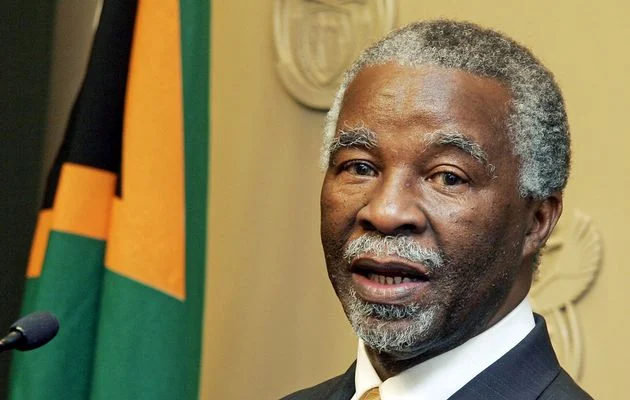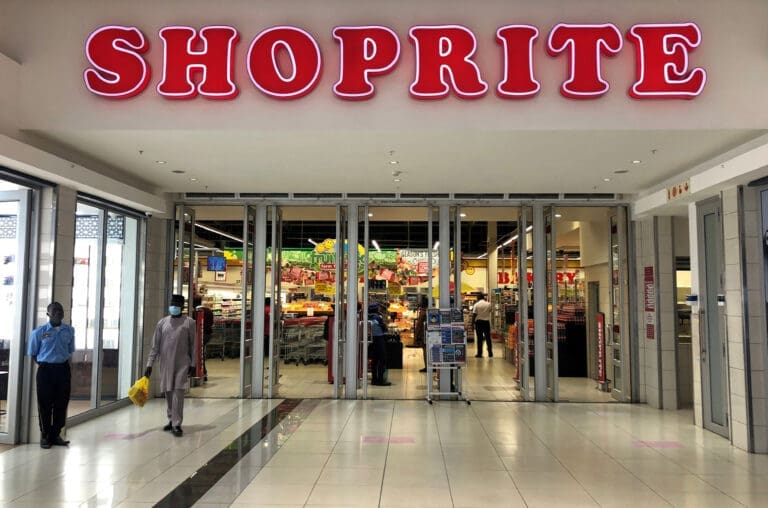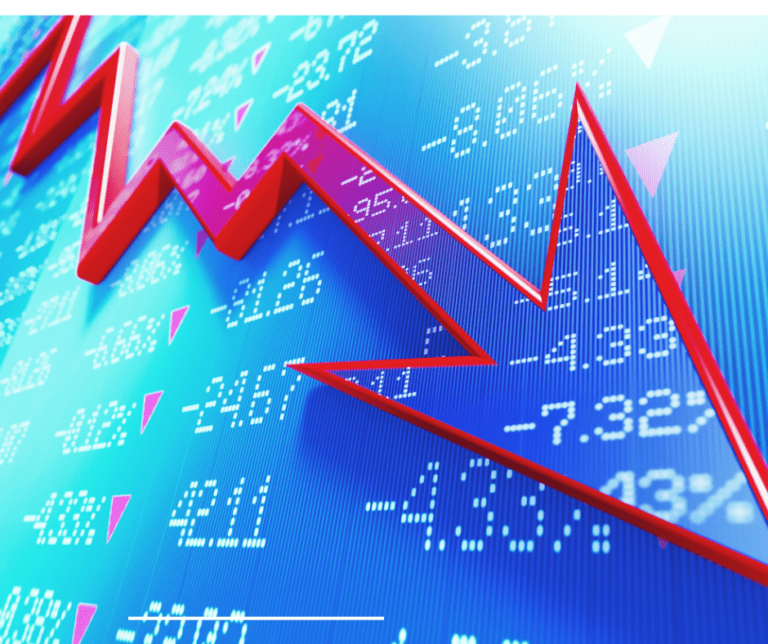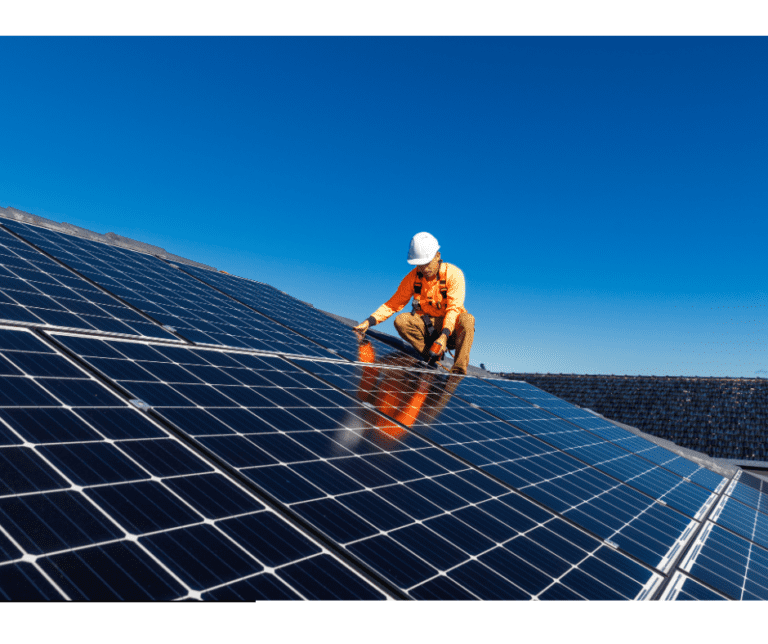As 2024 unfolds, South Africans are bracing themselves for a year of uncertainty, marked by national elections and potential shifts in the global political landscape. Mpho Molopyane, the chief economist at Alex Forbes, provides insights into the economic dynamics that will shape the year. This comprehensive analysis aims to guide South African investors through the nuanced opportunities and challenges that lie ahead.
The Election Factor
The first half of 2024 is dominated by the campaigning leading up to the national elections scheduled from May to August. Concerns over employment, corruption, and load-shedding have cast a shadow over the ruling party, the ANC, as indicated by current opinion polls. However, Molopyane emphasizes that it is premature to predict the election results with certainty.
Despite the political uncertainty, Molopyane anticipates economic growth to pick up from an estimated 0.6% in 2023 to 1.2% in 2024. Factors contributing to this growth include improved self-generation electrical capacity, the easing of load shedding, a rebound in investment sentiment, and increased household consumption driven by declining inflation and lower interest rates.
Investment Strategies for Uncertain Times
In the face of ongoing uncertainty, Molopyane underscores the importance of maintaining a well-diversified portfolio. Anticipating a ‘soft landing,’ she suggests that the backdrop in 2024 favors both bonds and equities. The expectation of interest rate cuts continuing into 2025 adds to the positive outlook for these investment avenues.
Windows of Opportunity and Global Considerations
Senzo Langa, Deputy Chief Investment Officer at Alex Forbes, adds another layer to the investment strategy by highlighting the global political landscape. With elections in over 60 countries, including the USA, UK, and EU, Langa recommends that South African fund managers maintain a healthy exposure to local assets.
This sentiment aligns with the Bank of America’s latest fund manager survey, where local assets are expected to outperform offshore returns. Over 45% of respondents in the survey believe that local bonds will outperform in 2024, followed by local equities (All-Share Index) at just over 30%. Less than 10% of respondents expect offshore cash and US equities (both in ZAR) to outperform this year.
Resource Sector Dynamics
Taking a closer look at specific sectors, the resource sector faces a mixed outlook. Over a 12-month view, resources remain out of favor, with a net bull of -24.2. Industrial metals are expected to face headwinds due to slowing global growth and reduced Chinese demand.
Gold’s outlook is contentious, with Molopyane suggesting potential benefits from declining interest rates, while the BofA survey ranks gold as the least favored resource (-18.2). Fund managers maintain a bearish stance on all resource sectors, influenced by the historical bottoming process on the resource index.
Positive Signals for Financials and Industrials
Contrary to the bearish outlook for resources, the financial sector receives positive sentiment, with a 6.1 net bull. Banks emerge as the preferred destination in the sector, with a score of 15.1. However, real estate remains out of favor with a score of -9.1.
The industrials sector stands out with the widest positive sentiment, boasting a net bull of 18.2. Within this sector, general industries and food producers are favored the most, each scoring 9.1. Telecoms, on the other hand, face headwinds with a score of -12.1, signaling a decrease in popularity.
Conclusion
As South Africa navigates the complexities of 2024, investors are presented with a landscape that demands strategic and diversified approaches. While the first half of the year revolves around political dynamics, the second half could witness increased capital flows to emerging markets as investors seek higher returns.
Maintaining flexibility and staying informed about global trends will be crucial for South African investors to capitalize on opportunities and mitigate risks. As the year unfolds, the economic landscape will continue to evolve, and adaptability will be key to financial success in this uncertain yet promising environment.








































